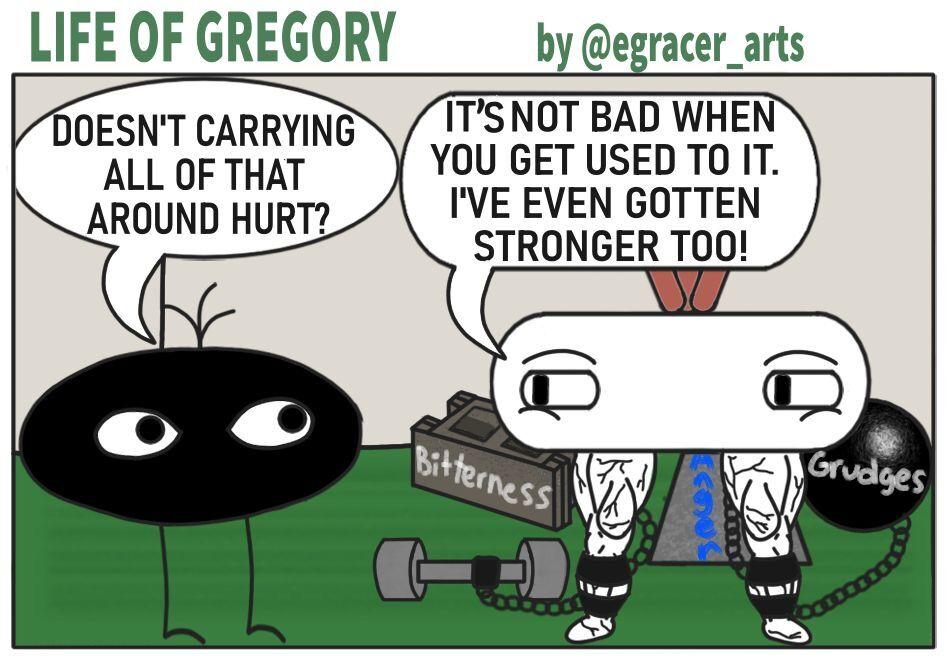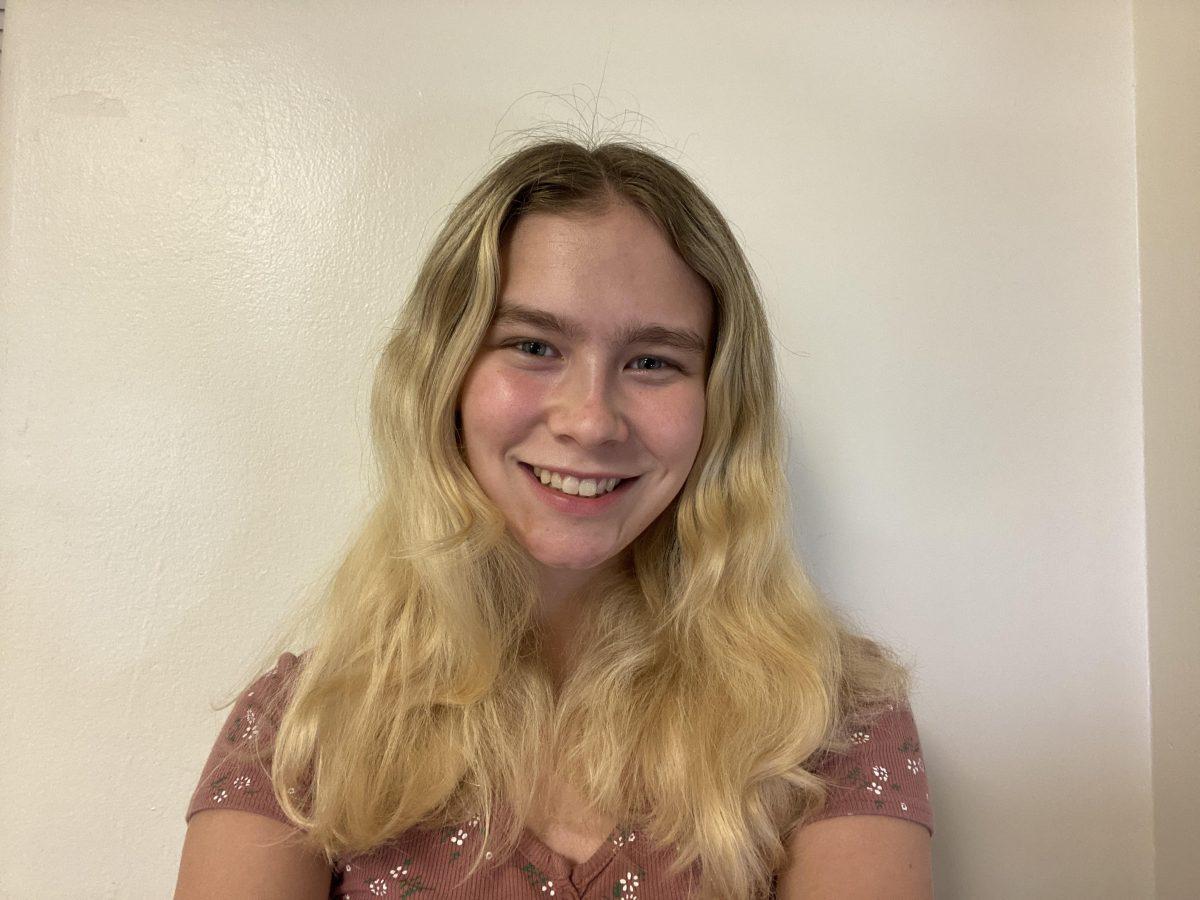Freshman year was a tough transition to say the least. As many students can attest, this period of time was an emotional rollercoaster. Being away from home for the first time, tackling college assignments and navigating the precarious world of adulting were some of my top stressors. Yet, nothing I experienced during my first year of college was as heart-wrenching as losing my first love.
My boyfriend and I knew from the outset our decision to continue dating would be a challenge. Despite studying at universities 100 miles apart, I had confidence we would pull through. However, my faith was quickly tested. With one painful revelation on a beautiful starry night, the trust which laid the foundation of our love cracked.
In the months following that fateful evening, the weight of his confession only mounted on my heart, opening the floodgates to our eventual breakup. To say I was hurt would be a drastic understatement: I lost my appetite, several nights of sleep and a lake of tears. While I had every right to hold onto resentment, I pushed myself to do something else. I chose to forgive, and I’m so glad I did.
We live in a world where forgiveness is conditional. We find it far easier to forgive when transgressions are minor than when they’re not, and this makes sense. After all, we were the ones who were horribly wronged in those instances, so why should we extend any grace to someone who couldn’t do the same for us?
Before I try to answer this question, I believe it’s important to explain what forgiveness actually entails. Contrary to popular belief, forgiveness isn’t as simple as letting bygones be bygones or excusing negative behavior. Forgiveness is the process of releasing resentment towards those who harmed us, according to the American Psychological Association. In doing so, we regain control over our lives and may even develop empathy for our offender.
This doesn’t mean you’re obligated to reconcile with the person who wronged you. Sometimes the harm done outweighs the positives of a relationship and the healthiest course of action is to cut ties. For example, it’s far better to remove yourself from a friend who constantly belittles you than it is to stay by their side.
Another misconception is that forgiveness is a sign of weakness, but I venture to say it’s an act of strength. Compared to clinging onto bitterness and grudges, forgiveness is a much harder practice, but its benefits more than justify the effort.
We open ourselves up to positive changes when we choose to forgive. According to the Mayo Clinic, forgiveness is associated with healthier relationships, decreased anxiety and stress, and improved heart health. In addition to numerous health benefits, forgiveness allows us to gain inner peace and the strength to move on.
It’s OK if you struggle to forgive. I know how challenging it can be to choose the high road, but there are ways to ease the process. One is to incorporate small acts of compassion into our daily lives. For instance, if a professor is rude to you, try to understand them rather than disparage them. It helps to remember no one is perfect. This way, we can thwart our immediate reaction to being wronged, which is hostility.
Another way to achieve forgiveness is to follow the REACH model, created by psychology professor Everett Worthington. The first step in this process is to recall the transgression in an objective way. Once you do that, try to empathize with your transgressor and see things from their perspective. Then, remember a time when you made a mistake and someone graciously forgave you. After you recognize forgiveness is an altruistic act, commit yourself to forgiveness and hold on.
Just as we should strive to forgive others, we should also do the same with ourselves. While this doesn’t mean condoning our negative behavior, it also doesn’t mean shaming ourselves. To avoid the trap of rumination and self-pity, make an effort to accept what you did wrong, understand why it occurred and use it to make better decisions in the future.
In a time as politically polarizing as now, we could all use a little compassion in our lives. At the end of the day, everyone is wrong from time to time, but one thing is certain: the decision to forgive is never a mistake.















